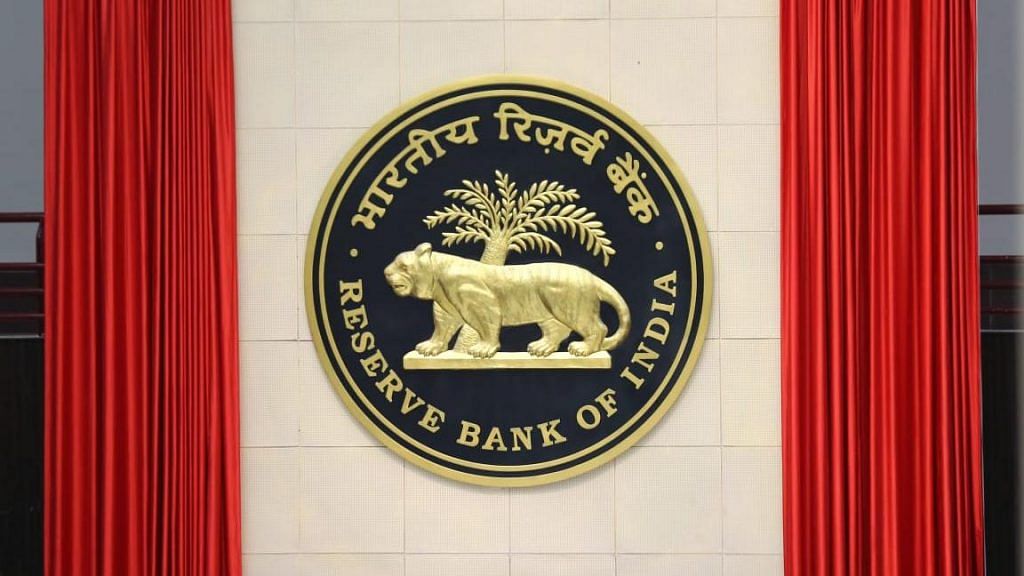New Delhi: The Reserve Bank of India has written to all states to discourage them from moving their funds from private sector banks to public sector banks, pointing out that such a move will adversely impact financial stability.
The letter comes at a time of fears about flight of deposits from private sector banks to public sector banks in the aftermath of the troubles at private sector lender Yes Bank and the consequent steps taken by RBI.
There are concerns among the public about the safety of their funds in private banks after the RBI superseded the board of Yes Bank and placed a one-month moratorium limiting cash withdrawals to Rs 50,000.
State governments such as Maharashtra are said to have advised state entities and departments under their jurisdiction to transfer their funds from private-owned banks to public sector banks.
Also read: ED could attach Rana Kapoor family’s 6 properties worth Rs 1,350 cr ‘bought with kickbacks’
The letter, written to the chief secretaries of all states on 12 March, states that “apprehension on safety of deposits in private sector banks is highly misplaced”. It added that “such reactive decision will not be in interest of stability of financial system in general, and banking system in particular”.
The RBI sought to assure the state governments that it has adequate powers to regulate and supervise private sector banks and using these powers, the RBI has ensured that depositors’ money is safe. It went on to ask the state governments to reconsider their decision about shifting their funds and those of its other entities from private sector banks.
ThePrint has accessed a copy of the RBI letter.
Also read: Everything you need to know about the Yes Bank collapse, rescue and prospects
The letter also talked about the swift measures taken by the central bank with respect to Yes Bank and how the central bank is trying to finalise the scheme for reconstruction of the bank at the earliest.
Prashant Kumar, Yes Bank’s administrator appointed by RBI, had said in interviews that the moratorium on the bank could be lifted as early as Saturday. The central bank fears that there could be flight of deposits after the lifting of the moratorium and is said to be preparing steps to handle the outflow.
India Ratings and Research, in an 11 March report, had pointed out that “delays in resuming normal services could impact the near-term liquidity of some of the bank’s customers. Also, corporate groups with a large dependency on the bank could face a longer period of disruption”.
